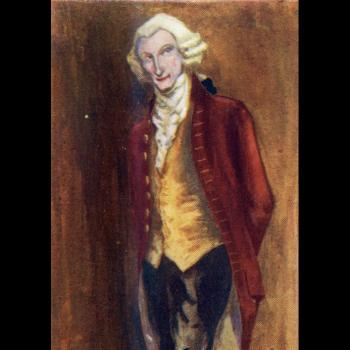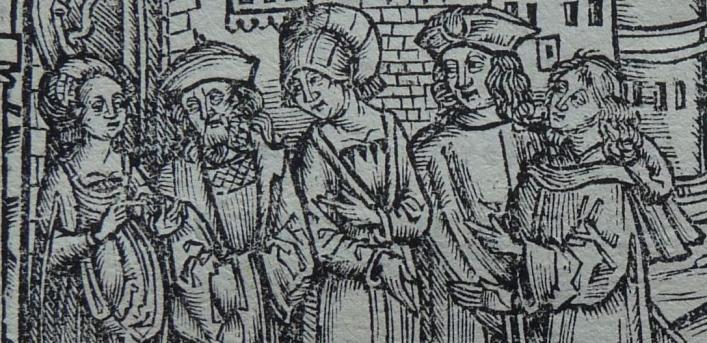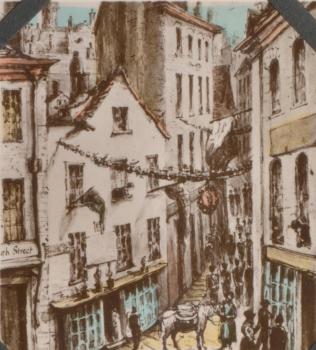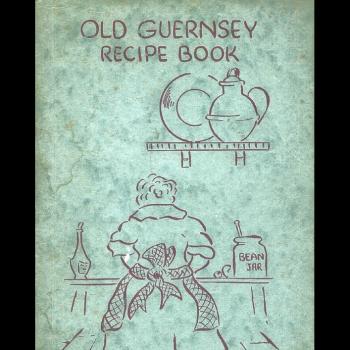Remembering 1780
13th November 2018
From Ferdinand Brock Tupper's History of Guernsey, printed by Stephen Barbet, New Street, Guernsey, 1854, p. 434. 'From the MS of a Guernsey jurat, now deceased, written in 1839 or 1840, we extract the following:'




